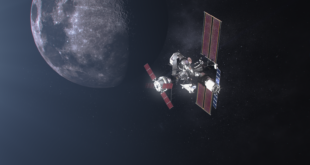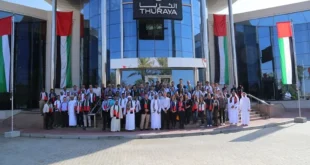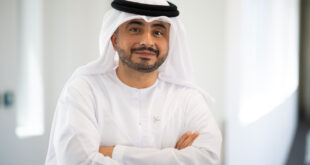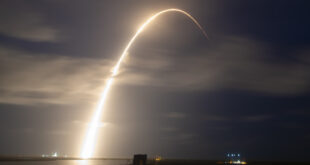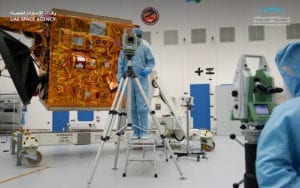
Abu Dhabi, 7 September, 2020. – A new research finding on radiation will support the UAE’s ambitious project to build the first human settlement on Mars by 2117, a scientist told Emirates News Agency, WAM.
“Radiation is one of the biggest roadblocks in planning long-term space missions, especially the project to establish a human presence on Mars,” WAM quoted Dr. Dimitra Atri, Research Scientist at Centre for Space Science in the New York University Abu Dhabi, NYUAD, who has made important findings from his research on the impact of radiation on astronaut health in long-term space missions.
“We found that radiation exposure to astronauts is comparable to the dose that cancer patients receive during radiation treatment,” the scientist revealed in an interview with WAM on Monday.
“By comparing our calculations with radiation therapy data we have been able to estimate health risks to astronauts from background radiation in space [Galactic Cosmic Rays] and solar storms [Solar Proton Events],” Atri said.
“Equipped with this knowledge, we will be in a better position to develop technologies to mitigate the impact of radiation and help with UAE’s efforts to establish a human base on Mars. We will be publishing our findings very shortly and share our results with the scientific community in the UAE and abroad.”
 SpaceWatch.Global An independent perspective on space
SpaceWatch.Global An independent perspective on space

